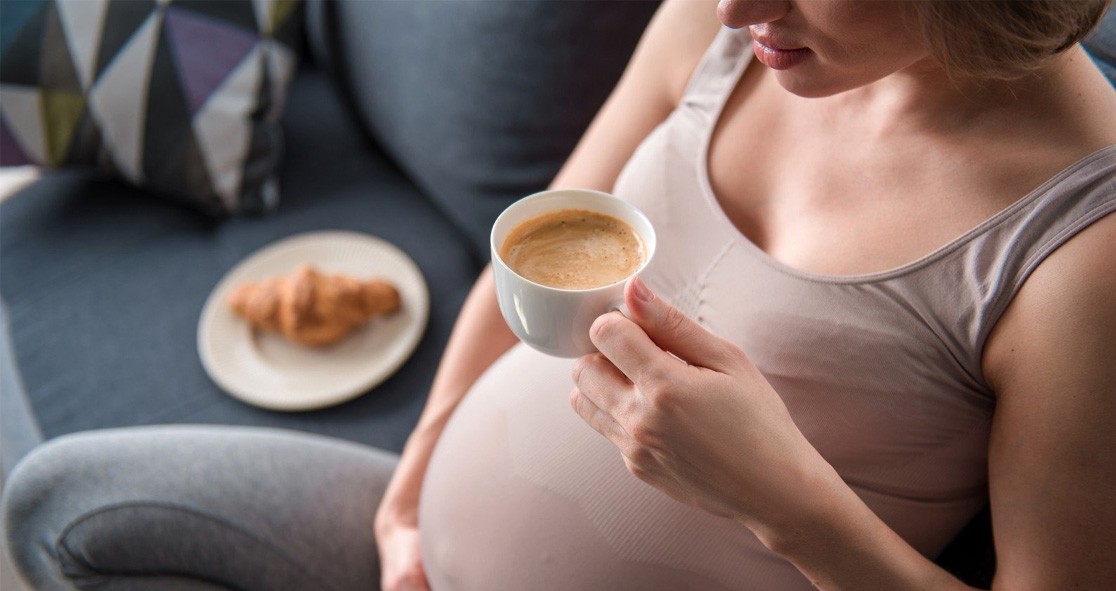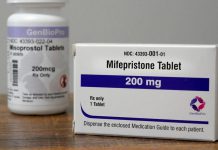A new study, published in JAMA Network Open, has found that moderate caffeine intake during pregnancy could help reduce the risk of gestational diabetes, according to Science Daily.
Researchers from the Perelman School of Medicine at the University of Pennsylvania and the National Institutes of Health conducted the study and found that moderate caffeine intake is not linked to maternal health risks
Lead author Stefanie Hinkle said, “While we were not able to study the association of consumption above the recommended limit, we now know that low-to-moderate caffeine is not associated with an increased risk of gestational diabetes, preeclampsia, or hypertension for expecting mothers.”
Pregnant women should limit their caffeine intake to less than 200 mg per day, according to the American College of Obstetricians and Gynecologists (ACOG).
These recommendations are based on studies that have found potential risks of pregnancy loss and fetal growth after consuming too much caffeine.
To dig deeper, the researchers studied prospective data from more than 2,500 pregnant participants between 2009 and 2013, measuring concentrations of caffeine in their plasma at 10 to 13 weeks into pregnancies.
The researchers then checked the association between their caffeine consumption and clinical diagnoses of gestational diabetes, gestational hypertension, and preeclampsia.
The team found that caffeinated beverage intake at 10 to 13 weeks gestation was not associated with gestational diabetes risk. During the second trimester, drinking up to 100 mg of caffeine per day was associated with a 47% reduction in diabetes risk.
The investigators did not find statistically significant differences in preeclampsia or gestational hypertension between those who did and did not drink caffeine during pregnancy.
The researchers noted that the findings are consistent with previous studies that have shown that caffeine is linked to improved energy balance and decreased fat mass.
Also, they said they cannot rule out that these findings are due to other constituents of coffee, such as phytochemicals, which may impact inflammation and insulin resistance, leading to a lower risk for gestational diabetes, per Science Daily.
Hinkle said, “It would not be advised for women who are non-drinkers to initiate caffeinated beverage consumption for the purpose of lowering gestational diabetes risk. But our findings may provide some reassurance to women who already are consuming low to moderate levels of caffeine that such consumption likely will not increase their maternal health risks,”























